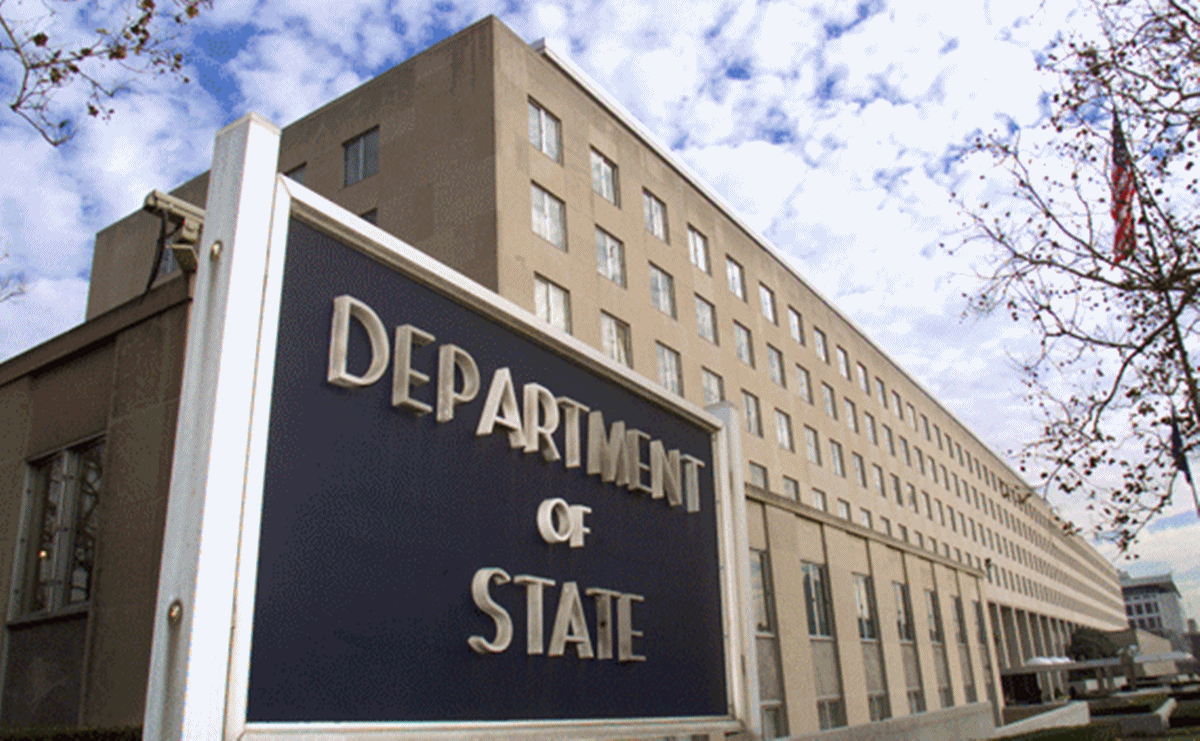
Administration officials made clear to lawmakers that they intended to impose sanctions on individuals in the United States and elsewhere who did "significant" business with the Russian entities, sending an early warning that such deals must soon end, The New York Times said.
The list appeared to be an attempt to mollify critics — including Senators John McCain, Republican of Arizona, and Benjamin L. Cardin, Democrat of Maryland — who said that the administration had not moved quickly enough to punish a key American adversary, using legislation passed by Congress in July and signed by President Trump in August. That legislation required that the administration produce the list of entities by October 1.
Administration officials said the list, a copy of which was obtained by The New York Times, was not itself an imposition of sanctions, but rather the government's assessment of organizations or persons "that are part of, or operating for or on behalf of, the defense or intelligence sectors of the government of the Russian Federation."
Under the law, persons who "knowingly engage in a significant transaction" with these entities could be subjected to sanctions as soon as January 29. Officials said they intended to work with individuals and the United States' allies to help them avoid sanctionable activity.
Read alsoSanctions lists of U.S., EU, UK, Japan, and Australia include 161 Ukrainian companiesThe list reads like a who's who of the Russian defense and intelligence sectors. It includes the United Aircraft Corporation, which makes Sukhoi jets and Tupolev passenger airliners; Kalashnikov Concern, which makes the famed assault weapon used around the world; and Rosoboronexport, which is the chief state-owned arms exporter in the country.
Democrats and several powerful Senate Republicans, led by Mr. McCain and Mr. Cardin, had grown frustrated in recent days over the delay. Mr. McCain, a fierce critic of Russia, threatened to use his position as the chairman of the Armed Services Committee to try to force the Trump administration to comply.
"We passed the law. They should execute it," Senator Marco Rubio, Republican of Florida, said earlier on Thursday, before the list was shared with lawmakers. "They say they are struggling to identify the companies to sanction. My answer is, sanction the ones you already know and keep adding to the list."
The administration answered those criticisms with assurances that it was working to draw up a list of targets, but that with minimal staff in place in the State Department and given the complexity of the legislation, it was taking longer than the law allowed for.
Read alsoKlimkin: New sanctions against Russia should be discussedA State Department spokeswoman, Heather Nauert, said on Thursday that the department was notifying American companies and foreign allies before it would officially release the list.
"It's complex, it's complicated and industry needs to know what will happen if they engage in certain activities," she said.
In a joint statement, Mr. McCain and Mr. Cardin said that the "administration's announcement is a step in the right direction."
"By issuing guidance for the implementation of the sanctions legislation, the administration is slowly but surely carrying out the law that Congress passed overwhelmingly this summer," the statement said, adding, "Congress will continue to conduct oversight of each step to ensure the administration is following both the letter and the spirit of the law."
Senator Bob Corker, the chairman of the Foreign Relations Committee, said in a statement that he had spoken with John J. Sullivan, the deputy secretary of state, about the matter on Thursday. Congress, Mr. Corker said, "will expect thorough and timely consultation until full implementation is complete."
The Russia measures were part of a larger sanctions package approved with near unanimous support by the House and Senate and signed by Mr. Trump in early August. The legislation also included sanctions on Iran and North Korea, but it was the Russia sanctions, as well as a provision limiting Mr. Trump's authority to lift them, that most irked the president.
The sanctions were seen as a rebuke by lawmakers of both parties of Mr. Trump's friendly posture toward President Vladimir V. Putin of Russia and an effort to punish Russia for its annexation of Crimea, its military intervention in Ukraine and its meddling in the 2016 presidential election.
Critics of the president have accused Mr. Trump of failing to be aggressive enough toward one of the United States' biggest adversaries even as people connected to his administration are being investigated for collusion with Russians during last year's race.
The United States' spy agencies have concluded that the Russian interference began as an effort to hurt Hillary Clinton's candidacy, but later tried to explicitly help Mr. Trump. Three congressional committees and a Justice Department special counsel, Robert S. Mueller III, continue to investigate how the campaign was carried out and whether Mr. Trump's associates were involved.

